Leaders of Influence
10 Latin Americans You SHOULD Know
They might not be as visible outside of Latin America, but these 10 leaders are shaping one of the youngest and most dynamic parts of the world. BRICS Business Magazine presents a selection of 10 influential individuals in the region, unsung ambassadors who are determining the face of modern-day Latin America.
Oliver Stuenkel is Assistant Professor of International Relations at the Getúlio Vargas Foundation (FGV) in São Paulo and the author of the Post-Western World blog.
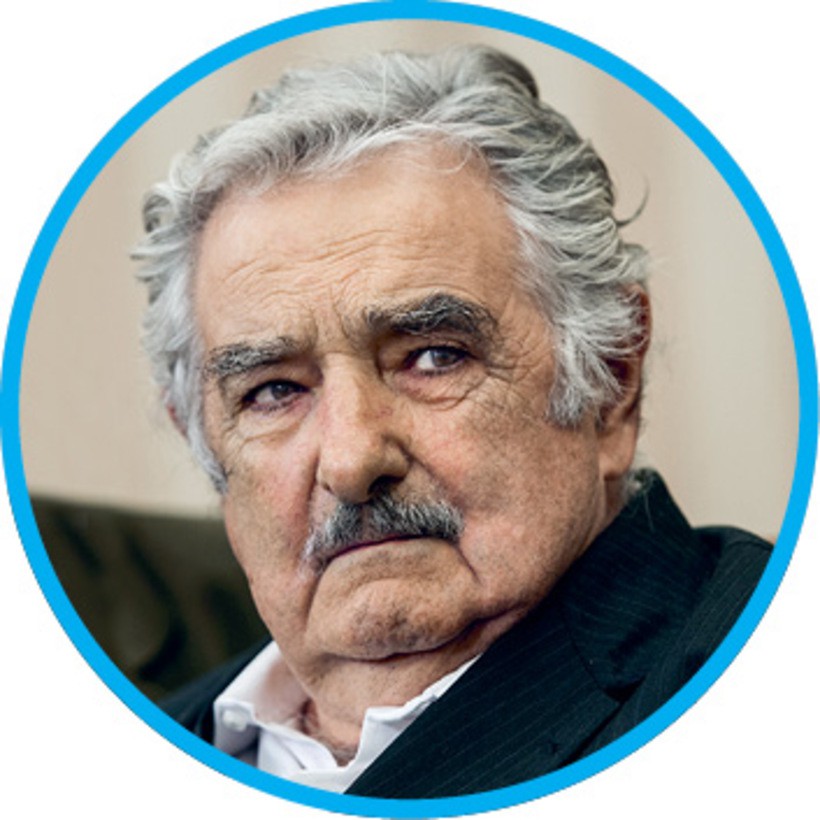 José Mujica
José Mujica
President of Uruguay
José Mujica, or ‘Pepe’ to his countrymen, may be the leader of one of South America’s smallest countries – Uruguay has less than 4 million inhabitants – but since taking office in 2010, he has become famous across the continent. The 79-year-old president is especially popular with the younger generation, many of whom have become disillusioned with the ruling political classes. They consider him to be a new type of politician – humble, frank, and admirably self-deprecating.
The president lives in a small cottage, drives himself to work in an old Volkswagen Beetle, and gives most of his salary away – because, he says, he “doesn’t need that much.” This has been appealing to people in a region blighted by large-scale corruption while millions still live in poverty. Yet Mujica says that those who consider him poor fail to understand the meaning of wealth. “I’m not poor. The poorest is the one who needs a lot to live,” he says.
His story is impressive: a former guerilla under military dictatorship, Mujica spent 14 years in a military prison, much of that in solitary confinement. On the policy side, Mujica has proven to be courageous and innovative, most notably by legalizing marijuana to combat drug trafficking and the violence that ensues from it.
The move will give the state a major role in the legal production, distribution, and sale of the drug. In other countries, only ex-presidents have been bold enough to support similar policies. Mujica will not run for a second term, but his legacy is certain to be lasting in the region.
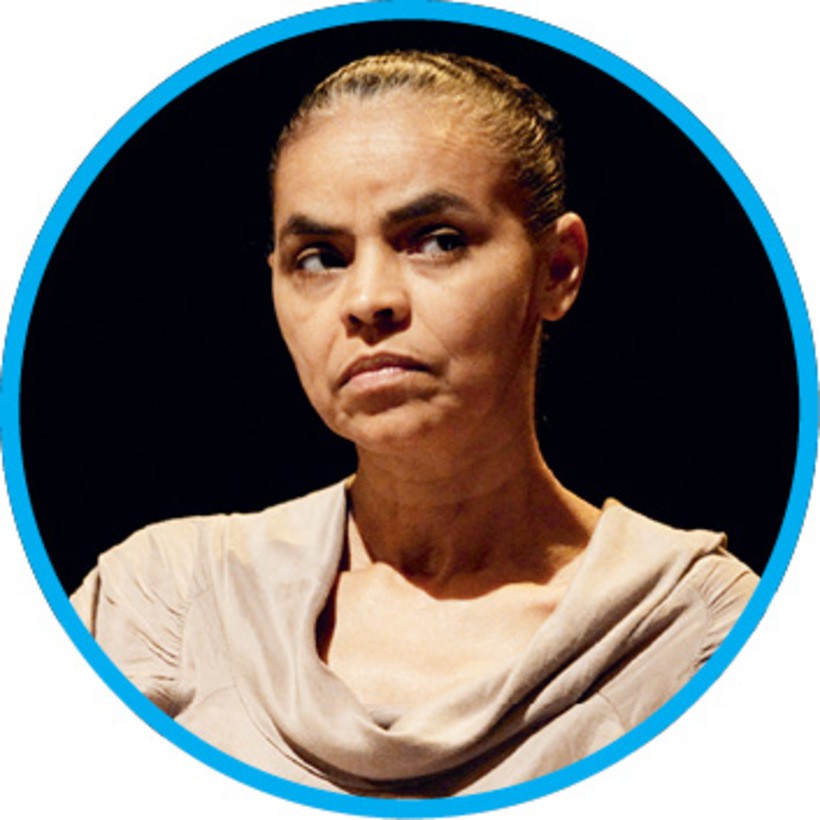
Marina Silva
Brazilian activist and environmentalist
Politics in Brazil, Latin America’s largest country, is increasingly influenced by a growing group of voters who do not believe any of the established parties can address the nation’s most pressing challenges. Recent protest movements have been directed not at the government per se, but against the political system itself.
Marina Silva, a 56-year-old environmental activist, is seen by many as one of the few actors capable of bringing change. Though she has served as a senator and as the Minister of the Environment under Lula, Silva is still considered a political outsider, not yet corrupted by the power game in Brasília. Therefore, many were shocked when she recently announced that she would be joining Eduardo Campos, a presidential candidate who is generally thought to be part of the establishment.
It remains to be seen if she will be able to convince her supporters, most of whom are young and educated, to vote for Campos. Irrespective of the result, Marina Silva remains an important figure in a political system that faces a profound crisis of legitimacy.
Despite positioning herself above the political fray, Marina Silva often proves to be highly divisive. Popular among elites concerned about the environment, she is hated by progressives for her conservative views on same-sex marriage, making her difficult to categorize in a political environment still organized along the lines of left and right. At a time when Brazilian politics is as unpredictable as ever, Marina Silva is certain to play a key role.
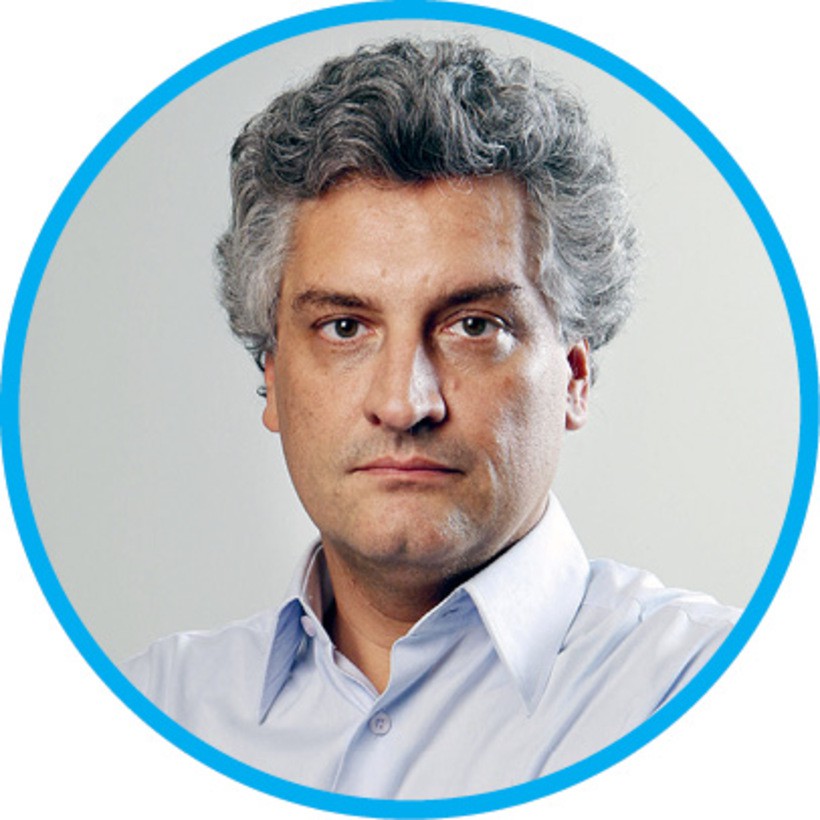 Oscar Vilhena
Oscar Vilhena
Brazilian lawyer and human rights activist
Brazil transitioned to democracy 25 years ago, but the public is still debating how to deepen the quality of its democracy. In identifying the many important challenges Brazil still faces, Oscar Vilhena – a law professor, human rights lawyer, public intellectual, and activist – has played a crucial role. He recently pointed out that the unacceptable levels of violence in Brazilian society impose constraints on the country’s democracy, which contributed to a more focused discussion of the problem during the election campaign.
Vilhena also founded the human rights NGO Conectas, which has transformed the debate on rights issues in Brazil. In several neighboring countries, similar organizations have sprung up, monitoring governments on issues such as police violence, prison conditions, and environmental standards. Conectas became the first organization to regularly challenge the Brazilian government’s human rights record in international affairs, thus helping to globalize Brazil’s public discussion and forcing the Foreign Ministry to explain its strategy. In Brazil’s quest to establish a stronger global presence, people like Vilhena are indispensable.
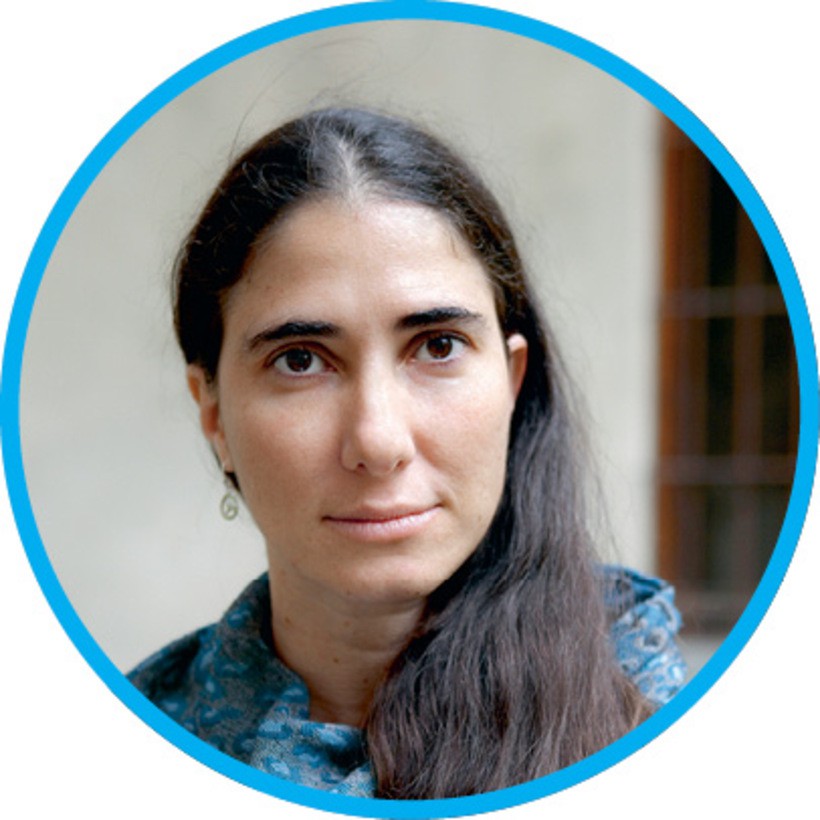 Yoani Sanchez
Yoani Sanchez
Cuban human rights blogger
While Cuba begins to open its economy and slowly allow private enterprise to emerge, the government continues to limit freedom of speech and remains intolerant of dissidents. Latin America’s political leaders are reluctant to criticize the Castro regime as Cuba is still seen as a victim of an unjust and exaggerated US economic embargo.
Younger generations across Latin America, which do not remember a young Fidel Castro, are increasingly critical of the way the Cuban government treats its citizens. One of the most influential voices in the anti-Castro camp has been Yoani Sánchez, a 38-year-old blogger who frequently writes about the hardships Cuban citizens endure. Her Generation Y blog has gained an international audience and turned her into a symbol of the resistance.
After years of frustrated attempts by Sánchez, the Cuban government finally allowed her to travel abroad. However, on a recent visit to Brazil, she was faced by pro-Castro activists who accused her of acting on behalf of the United States, reflecting that Latin America remains ambivalent toward the role of human rights and democracy in Cuba.
One of Sánchez’s recent blog projects, 14 y medio, was blocked by the Cuban government hours after it was launched. No matter how Cuban politics evolve in the next few years, Yoani Sánchez is bound to play a role.
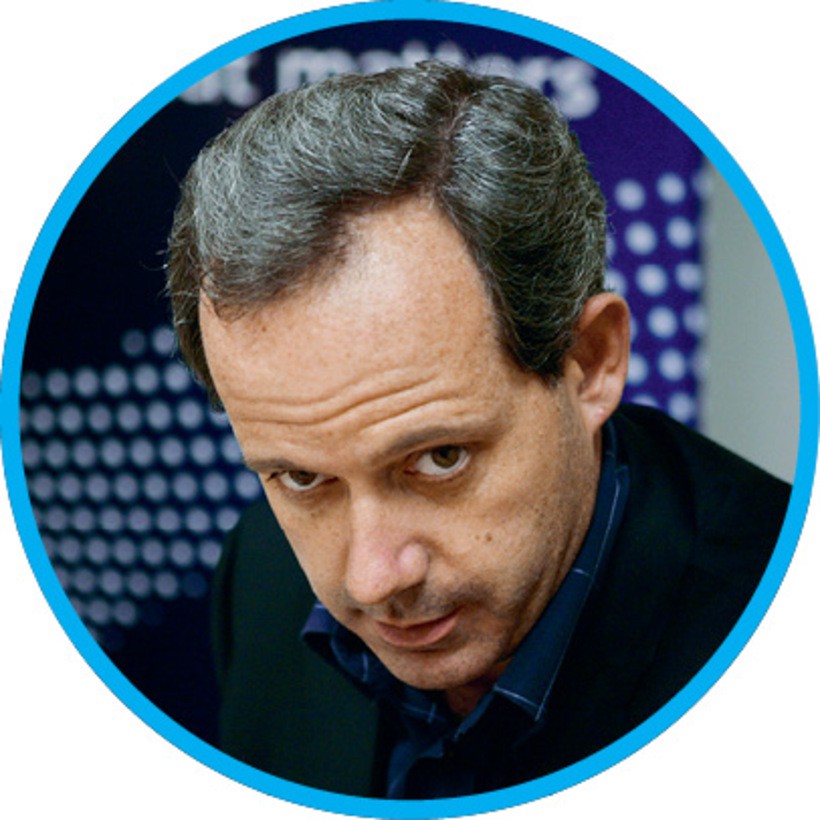 Alessandro
Carlucci
Alessandro
Carlucci
Brazil, CEO of Natura Cosméticos
“Natura is not an NGO,” says the 48-year-old Alessandro Carlucci, CEO of one of Latin America’s leading cosmetics firms. The company he leads seeks to make money, of course, but few businessmen take the issues of sustainability and social responsibility as seriously as he does, integrating them into all of Natura’s activities.
Unlike other businesses, many of which consider Natura’s strategy to be nothing more than a marketing ploy, Carlucci regards sustainability as a long-term investment and a way to strengthen ties with clients and the community. Carlucci is not the only leading executive in the company who believes in these ideas – Guilherme Leal, co-chairman of the Board of Directors, was the vice-presidential candidate on the Green Party ticket in 2010.
Carlucci has been crucial in institutionalizing Natura’s unusual practices, even when the company faced economic headwinds and was forced to delay its global expansion. Natura’s dedication to their core mission has earned it a reputation as one of the best companies in Brazil, and made it one of the most sought-after places to work for recent university graduates.
In addition to his focus on sustainability, Carlucci has successfully started Natura’s online sales, which led Forbes to select Natura as one of the world’s 25 most innovative companies.
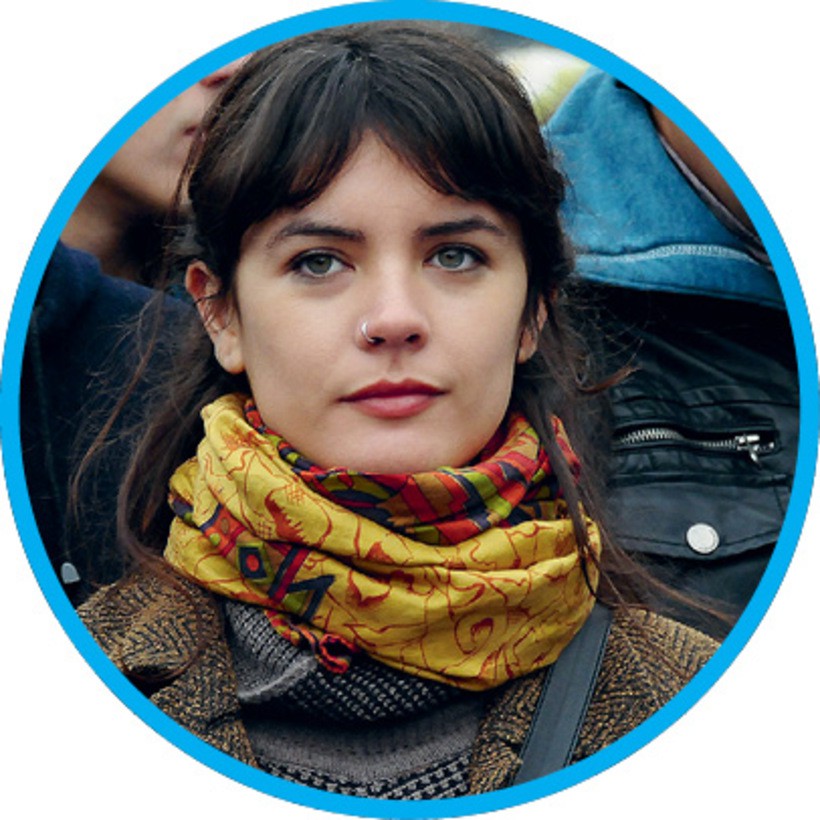 Camila Vallejo
Camila Vallejo
Chilean student leader and Congresswoman
for the Communist Party
Camila Vallejo, 26, was largely unknown only a few years ago. But the president of the University of Chile Student Federation and main spokesperson of the Confederation of Chilean Students became a symbol of the 2011 Chilean student protests.
Though leaders of movements elsewhere in Latin America were largely opposed to the political system, Vallejo took a controversial step – she entered formal politics and joined the Communist Party. The bet paid off – in 2013, Vallejo was elected to represent the 26th District of La Florida with more than 43% of the votes, one of the highest victory margins of that election. While many protest leaders around the world would consider joining formal politics to be an act of treason, Vallejo believed that in order to change the system one had to first become part of it.
Vallejo is considered to be the most influential communist personality of recent years in Chile, and she has received considerable global attention. Her fundamental challenge now is to show that she is able to influence politics not only from the outside, as she did during the protests, but also from inside the political system. Vallejo may not succeed in parliament, but she is likely to remain in the center of the public debate for years to come.
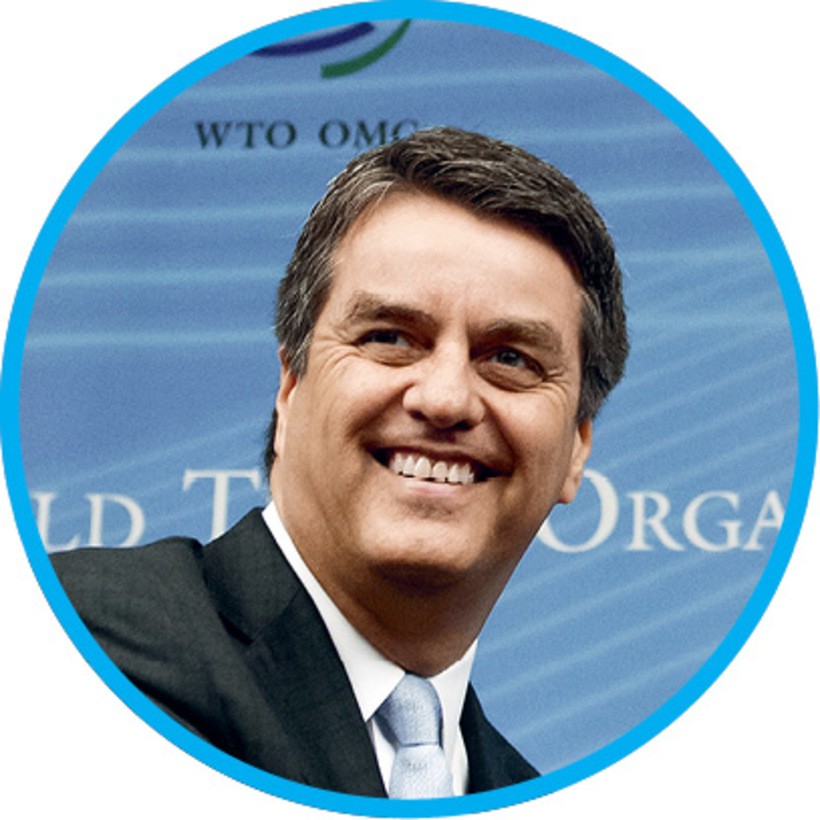 Roberto AzevÊdo
Roberto AzevÊdo
Brazilian, Director-General of the World Trade Organization
When Roberto Azevêdo was announced to succeed Pascal Lamy as the World Trade Organization’s Director General, some considered the position “the worst job in the world.” The multilateral trade system had been paralyzed for years, and chances to resuscitate it looked slim.
Additionally, the 56-year-old Azevêdo had been looked down on by some as the poor countries’ candidate, coming from an overly protectionist Brazil. But Azevêdo was undaunted, and has already achieved the seemingly impossible. In December 2013, a deal to boost global trade was approved by the 159 members of the World Trade Organization (WTO) for the first time in nearly two decades, keeping alive the possibility that a broader agreement could be reached in the future. At the ceremony, after the marathon trade agreement meeting in Bali, Azevêdo shed tears of relief and joy.
There is still a long road ahead to a broad agreement, and there are many obstacles to overcome. But for now, Azevêdo has taken the first important step – he has revived the credibility of the organization. Specialists agree that if there is one person to save multilateral trade, it is Brazil’s Roberto Azevêdo.
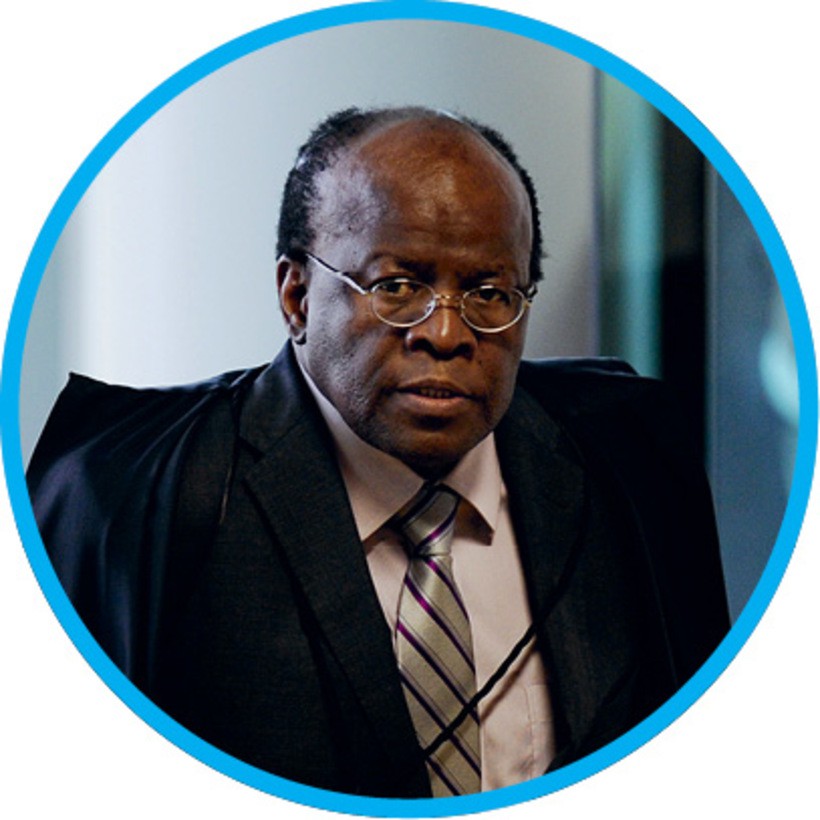 Joaquim Barbosa
Joaquim Barbosa
Brazil’s first black Supreme Court judge
It is no small feat for a Supreme Court Justice to be selected by Time Magazine as one of the 100 Most Influential People in the World, yet this is exactly what happened for Joaquim Barbosa in 2013. The Chief Justice of Brazil’s Supreme Federal Court became a symbol of the country’s fight against corruption after convicting a number of leading politicians and sentencing them to jail.
The rulings marked a profound change in Brazilian politics, which had formerly been marked by impunity and a notion that no politician would ever have to answer for his misdeeds. The popular Barbosa wisely rejected requests to run for President, a move that would have undermined the credibility of the judiciary.
Barbosa’s decision to challenge Brazil’s powerful set off revolutions in other areas as well. The convictions have restored many people’s faith in politics, especially among youths. Moreover, as elite politicians prepared to go to prison, several leading lawmakers and policymakers began to express outrage over the conditions inmates face. This led to a long-overdue domestic debate about the state of Brazil’s prisons, often thought to be among the least humane in the world.
Barbosa, 59, who became Brazil’s first black Supreme Court judge in 2003, plans to retire, but his trailblazing career will surely continue to positively influence his country.
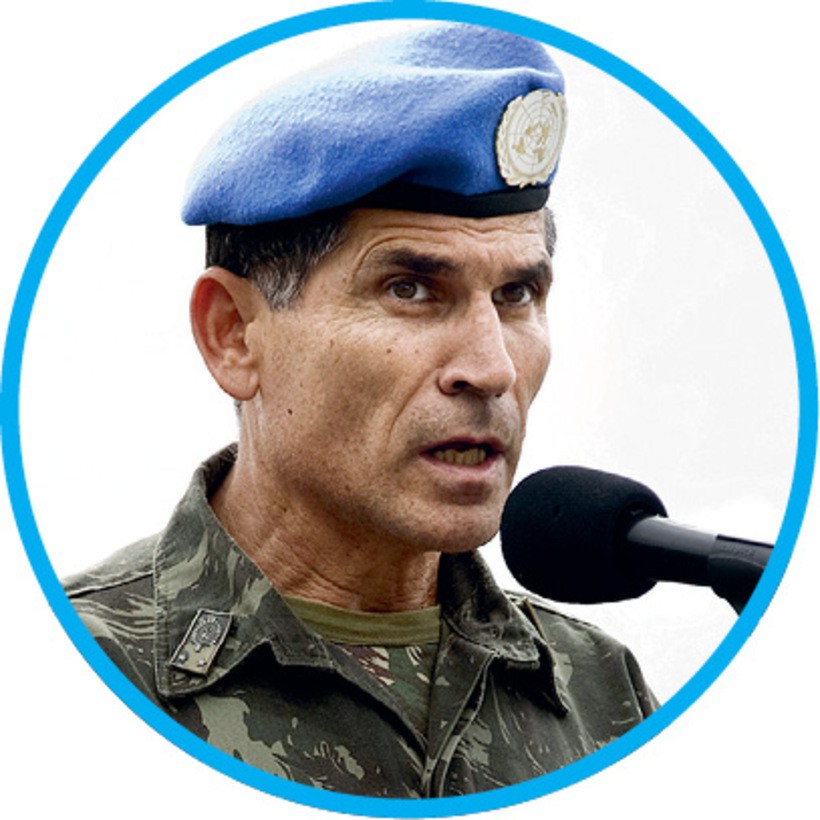 CARLOS ALBERTO DOS Santos Cruz
CARLOS ALBERTO DOS Santos Cruz
Incumbent force commander of MONUSCO mission in Congo
Since May 2013, General Santos Cruz, 61, has been the incumbent force commander of MONUSCO mission in Congo, the largest UN peacekeeping force in the world. Previously, this Brazilian was the commander of the United Nations peacekeeping mission in Haiti. Both missions have been extremely challenging and seek to establish peace in regions that have suffered from violence and instability for years.
The UN mission in the Democratic Republic of Congo is particularly important because rather than keeping the peace, its soldiers are charged with actively pursuing aggressors – a new model that has come under global scrutiny. Its main purpose – protecting civilians in the region – is fiendishly difficult, as rebel movements hide in vast territories that are virtually impossible to control. The mission has been among the most criticized in the world, and its performance will strongly influence global opinion on how far the international community can go to protect populations in conflict. Time will tell whether the general can truly help bring peace to one of the most war-ravaged regions in the world.
Over the past year, Santos Cruz has become a celebrity in Brazil – in part because so few Brazilians, and even Latin Americans, occupy leading positions in the international system.
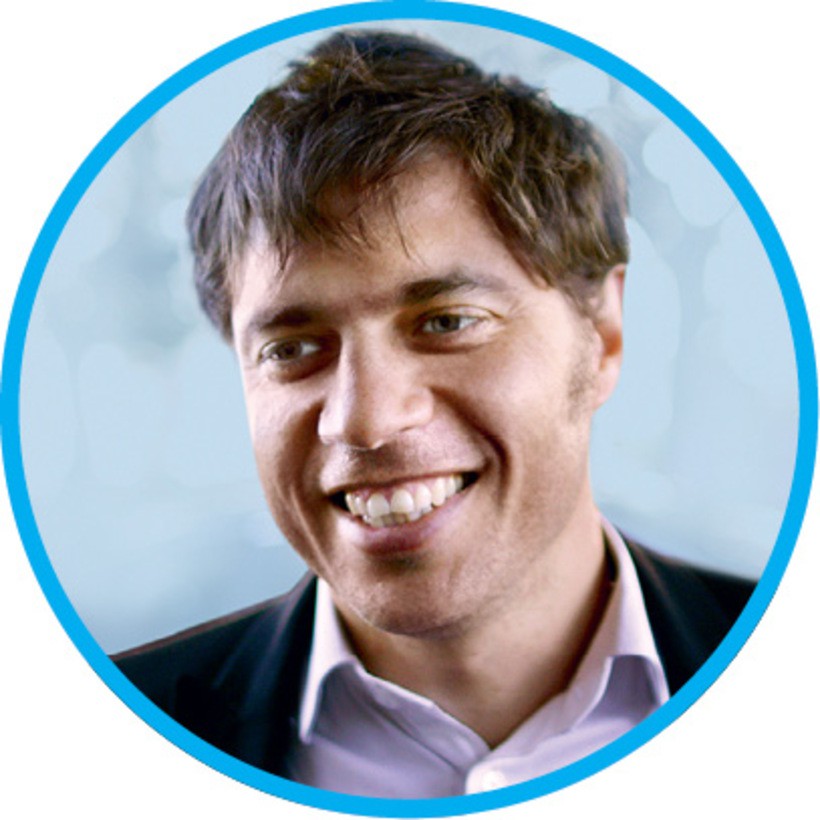 Axel Kicillof
Axel Kicillof
Minister of Economy of Argentina
In a country that has often been on the brink of financial collapse, the Ministry of the Economy is perhaps the most important job. Late last year, after recovering from injury, President Kirchner appointed Axel Kicillof, a 42-year-old radical and left-wing academic, to the position.
Kicillof had been a deputy minister before that, but was already seen as the real power in the Ministry for some time. He was the driving force behind highly controversial policy decisions, such as the nationalization of the energy company YPF in 2012 and the tightening of foreign-exchange controls.
Despite the undeniable deterioration of the balance of payments and a fall in the foreign reserves due to increasing external competitiveness, the Minister has consistently denied that Argentina has an inflation problem. Yet his supporters argue that his focus is rightly on the poor, and that recent increases in welfare benefits are unfairly criticized by a prejudiced elite. It will be interesting to see whether these unorthodox economic policies can lead Argentina out of the economic crisis.











